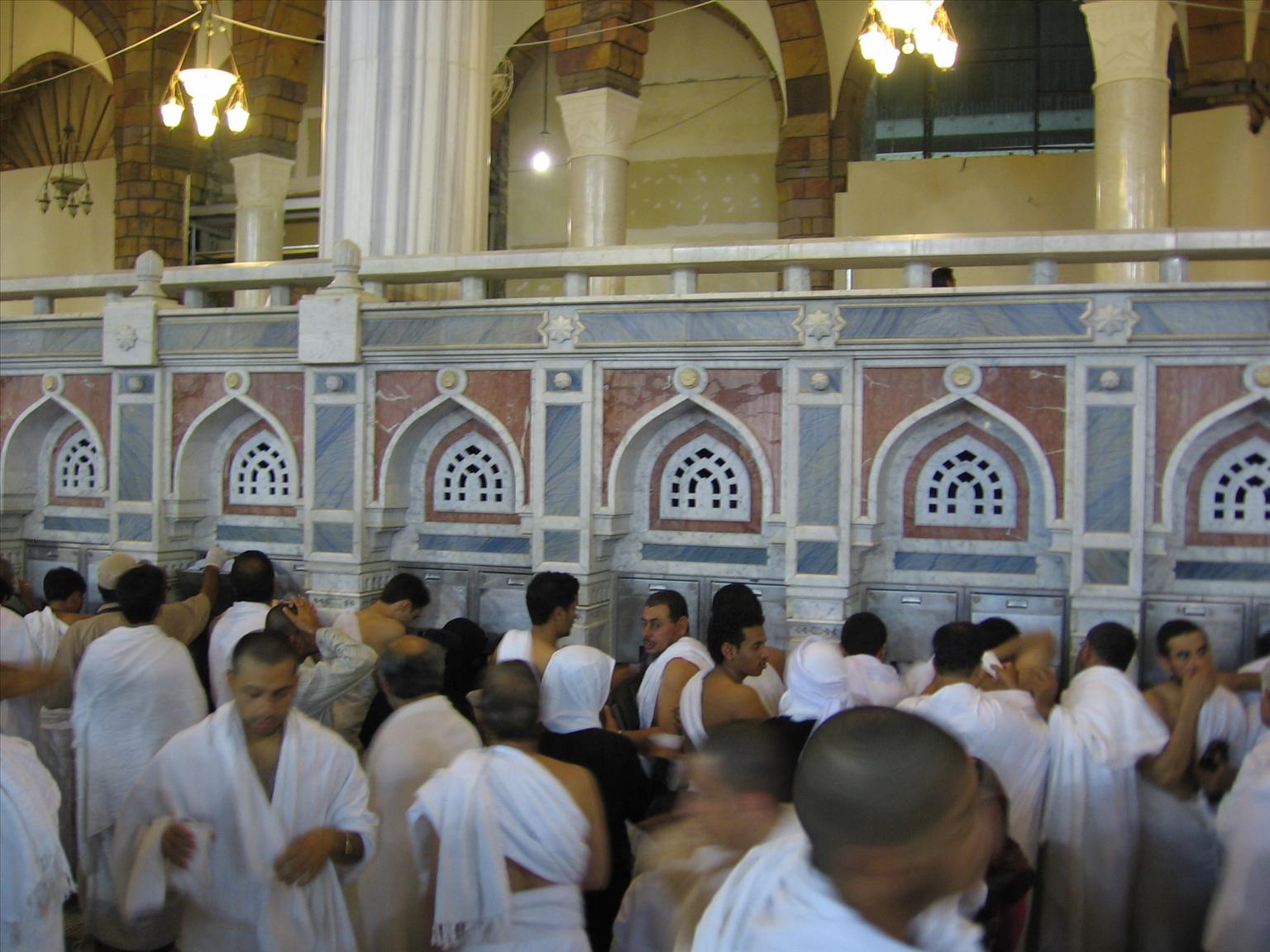A recent BBC News1 New Report claimed that ‘Zamzam’ water was not safe to drink. It quoted an undercover researcher as saying that the water, sold in Muslim bookshops in Wandsworth (South West London), Upton Park (East London) and Luton (North London) was contaminated.
Association of Public Analysts President Dr Duncan Campbell said, “The water is poisonous, particularly because of the high levels of arsenic, which is carcinogen. I would not recommend drinking this water.”
Saudi Arabia has rejected the claim.
Saudi Geological Survey President Zuhair Nawab said experts monitor the condition of Zamzam every day.
“We take three samples to carry out tests and studies, none of which has shown any form of contamination,” he said.
Fahd Turkistani, adviser to the Presidency for Meteorology and Environment, said the BBC Report focused on bottled water supplied by individuals and not by the Presidency of the Two Holy Mosques Affairs.
The water supplied by the Presidency undergoes close monitoring and ultraviolet rays are applied to kill harmful bacteria, he said.
“Zamzam water contamination could have been caused by illegal workers who sell it from unsterlised containers at Makkah Gates. The Saudi Government has banned the sale of such water,” Mr Turkistani said.
 Healthy process
Healthy process
A responsible source at the Presidency highlighted the measures taken for the protection of Zamzam. He said the water passes through stainless steel pipes to the cooling stations and then to the Grand Mosque.
It also must be remembered that Muslims visiting Makkah for Hajj or Umrah, as well as those living in Makkah, have been drinking Zamzam water for centuries.
Talal Mahjoub, a Saudi national, denounced the move to create suspicion about the quality of Zamzam water.
“My family and I have been drinking Zamzam for many years. None of us has suffered any disease as a result. If the BBC Report was true, people of Makkah would have suffered many diseases, including cancer, because most of them drink Zamzam,” he said.
The Saudi Embassy in London also issued a statement affirming the purity of Zamzam in Makkah.
“Scientific tests conducted in France from samples taken from the original source have proved that Zamzam water is good for drinking,” it said.
Some facts
The King Abdullah Zamzam Water Complex, established in Makkah in September 2010 at a cost of SR700 million ($223 million) can supply 200,000 bottles daily.
The Zamzam well is located within the Masjid Al Haram in Makkah, and is about 20 metres East of the Kaaba.
It is about 30 metres (98 ft) deep and 1.08 to 2.66 metres in diameter.
The water level is 3.23 metres below the surface.
A pumping test at 8000 litres per second for more than a 24-hour period showed a drop in water level from 3.23 metres below the surface to 12.72 metres and then to 13.39 metres, after which the water level stopped receding.
When pumping stopped, the water level recovered to 3.9 metres below the surface only 11 minutes later. This data shows that the aquifer feeding the well seems to recharge from rock fractures in neighbouring mountains around Makkah.






